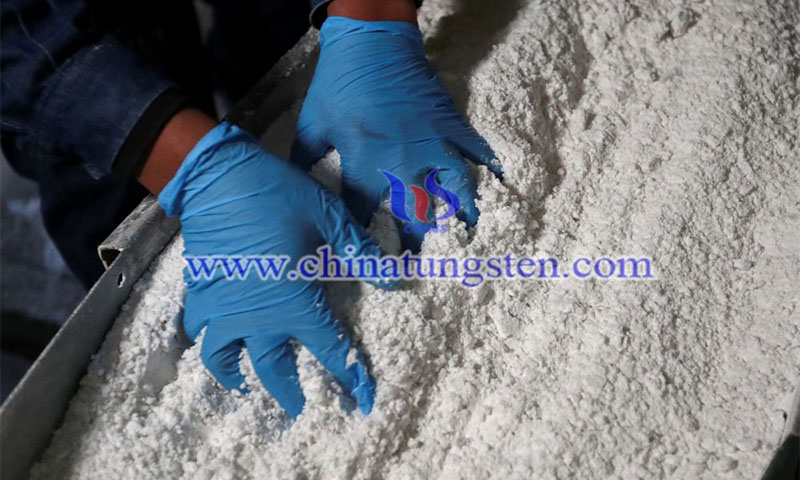Lithium-Bid Company Applauds Alberta's Move Towards Developing Rare Earths
- Details
- Category: Tungsten's News
- Published on Wednesday, 10 November 2021 16:26
- Written by Caodan
- Hits: 685
A company in line to become the first major lithium developer in Alberta, Canada, says the province's latest regulatory measures for mineral and rare earths mining are good news for investors as they look to major production in the sector in the coming years.
Energy Secretary Sosonya Savage has introduced a bill to parliament that, if passed, would regulate all mineral and rare earths mining and development by Alberta's Energy Regulator (AER). She also proposed a plan to develop the industry in the province, as global demand for the industry would increase by 500 per cent over the next few decades.
The government's plan shows 13 key minerals in the province that are used in everything from jewelry and ceramics to man-made steel. Chris Doornbos, president of E3 Metals, said his company has been advocating for such regulatory reform for the past three years. He said negotiations with the government had begun to pick up for the first time in 12 months and that if the bill was passed, it would determine how to regulate the industry and how to handle applications.
"AER's regulation of minerals produced by brine is very meaningful because it is similar to the way oil is produced," Doornboss said. When Savage presented the government's plan, she stressed that the private sector had expressed interest in exploring minerals. E3 is part of the interest expressed by a prefabricated company that wants to mine lithium.

Calgary-based E3 Metals is currently conducting a pilot project to test salt water from the Leduc formation in central Alberta. According to the company's website, the ongoing tests will be used to build larger projects that will eventually lead to a well system and commercial facilities designed to extract lithium metal.
If all goes according to plan, Doornbos said, he hopes to ship lithium out of the province between 2025 and 2027. He said the processes would continue to need to be developed, but the company would eventually extract a compound called lithium hydroxide that could be used in battery production.
Lithium hydroxide is expected to have a market share of $528.5 million by the end of 2021, with a potential 10 percent annual increase in the future, according to a report by Market Research Future. A separate report by Mordor Intelligence shows that as global markets continue to move away from fossil fuels and demand for electric vehicles continues to rise, much of the expected growth is driven by rising demand for electric vehicles.
Meanwhile, Savage said last week that the province's history of resource extraction, mainly oil and gas exploration, has put the province in a mature position to become a leader in mineral development.
"Our province has huge, untapped geological potential of the minerals like rare earths and we have an experienced workforce. Alberta has reserves throughout the province, many of which have been identified as critical and strategic minerals," Savage said.
Doornbos says mineral development can go hand in hand with, not contradict, Alberta's oil and gas industry, and Savage agrees. There is no real competition. We can produce lithium in addition to oil. We're not holding back economy or major industries," Doornbos said.
- Rare Earth Manufacturer & Supplier, Chinatungsten Online: www.chinatungsten.com
- Tungsten News & Prices of China Tungsten Industry Association: www.ctia.com.cn
- Molybdenum News & Price: news.molybdenum.com.cn
- Tel.: 86 592 5129696; Fax: 86 592 5129797; Email: sales@chinatungsten.com





 sales@chinatungsten.com
sales@chinatungsten.com